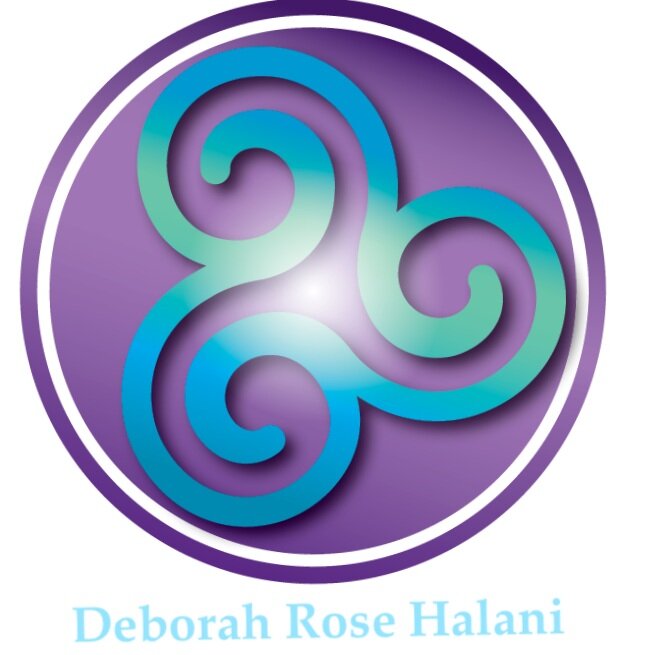Lifecycle - Death
“In the symphony of life, death plays an essential and inescapable role”
A quiet, mysterious pause that allows new melodies to emerge. Whether we encounter it as a literal loss, a metaphorical transformation or an emotional trigger, death teaches us profound truths about ourselves, nature and the world we inhabit.
Death as a Metaphor: The Seeds of Change
Death, in its many forms, often signifies an ending, but it also heralds a beginning. When a tree sheds its leaves in autumn, it prepares itself for renewal. Similarly, in our lives, endings - whether relationships, jobs or phases of personal growth a create space for something new. Recognising the metaphorical deaths in our lives invites us to embrace change and transformation, letting go of what no longer serves us.
The mention or experience of death can trigger a cascade of emotions: fear, grief, anger or even relief. Our behaviours in response to these triggers often reflect our internal struggles and societal conditioning. Are we avoiding grief with distraction? Are we suppressing feelings because vulnerability feels unsafe?
Death teaches us to lean into these emotions rather than push them away. By practicing mindfulness and self-compassion, we honour the process and begin to heal. Expressing grief through art, ritual or simply sharing our feelings with trusted friends can foster connection and relief.
Druidic Wisdom on Death
For Druids, death is not an end but a sacred transformation - a journey back into the eternal cycle of life. The insights of modern Druids, such as those found in Kristoffer Hughes’ profound book ‘As the Last Leaf Falls’ and Martin Pretchel’s ‘The Smell of Rain on Dust’, illuminate the path through grief and renewal. These works offer compassionate and poetic perspectives on death as a liminal moment, where spirit and nature intertwine.
I have personally found these books invaluable, both in navigating the grief of losing a loved one and in my work as a Druid and Celebrant. They have provided me with tools and insights to hold space for others during their times of transition, guiding rituals and ceremonies that honour the sacredness of death while celebrating the continuity of life.
What Nature Teaches Us...
Nature, the great teacher, models the life cycle beautifully. When a forest floor is blanketed with decaying leaves, it is not a scene of destruction but a moment of nourishment. The decomposition enriches the soil preparing it for vibrant new growth. Similarly, in human life, the “deaths” we experience fertilise the ground for new opportunities, perspectives and wisdom, even though we may not feel like it does ‘at the time’. Seasonal cycles remind us to pause and reflect. The stark stillness of Winter urges us to rest, restore and prepare for the blossoming of Spring. Observing and aligning with these rhythms can help us find balance and acceptance in times of personal loss or transition.
Caring for Ourselves in Times of Loss
In the face of death, self-care becomes paramount. Here are a few practices to help nurture yourself during these times:
Create Rituals: Light a candle, write a letter or spend time in nature to honour what has passed.
Seek Support: Connect with loved ones or support groups who can hold space for your feelings.
Rest: Give yourself permission to slow down. Healing often requires stillness and solitude.
Tune into Nature: Walk in the woods, sit by a stream or observe the changing sky. Let nature’s cycles remind you of the continuity of life.
Call their Name: Call out to your loved ones in the Otherworld, talk to them and recall the times you spent together. Whilst this can be painful at first, it helps you keep their spirit close to you.
The Gift of Death
Though it may feel paradoxical, death offers gifts. It urges us to live more fully, cherish connections and remain present in the moments we often take for granted. It teaches resilience and humility, reminding us that we are part of a greater whole. By facing death - whether literal, metaphorical or emotional with openness and curiosity, we honour its role in the life cycle. It is not an end but a sacred transition, one that reveals the interconnectedness of all things.
So, as we dance with death, may we learn its rhythm, trust its wisdom and embrace the beauty it weaves into the fabric of life.
Druidic Reflections
For Druids, the tale of Taliesin offers profound insights into the role of death in the lifecycle:
Transformation: Death is not a finality but a gateway to change and growth.
Wisdom Through Struggle: Like Gwion, we must face challenges, endure "deaths" and transform to attain greater understanding.
Integration with Nature: The story mirrors the cycles of nature, where death feeds life in an endless dance of renewal.
The story of Taliesin reminds us that death, in its many forms, is both inevitable and sacred, a necessary step toward enlightenment and a deeper connection with the cycles of life.
